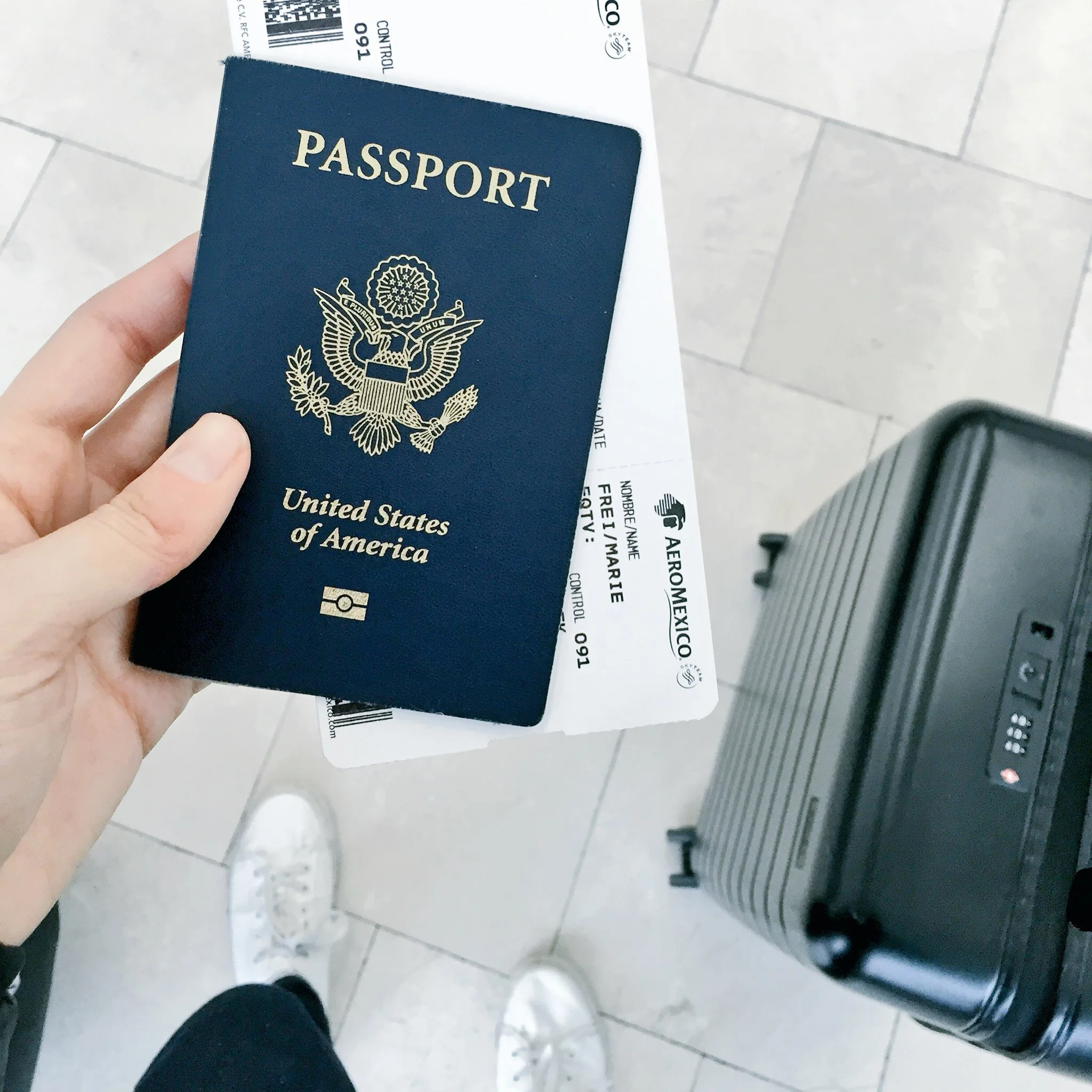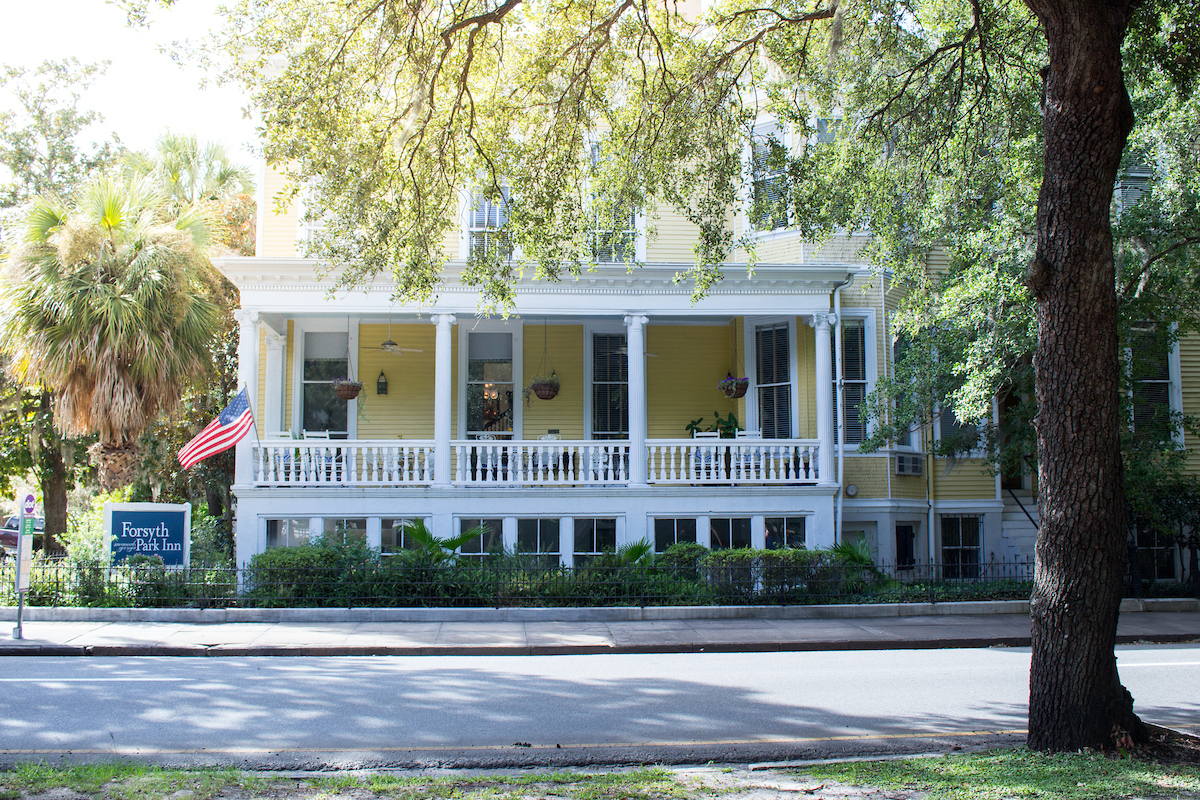Travel with Care: Sustainable Tourism in Africa
/Last week, I was invited to an event organized by South African Tourism and Smithsonian magazine. It took place at the Morgan Library & Museum in midtown Manhattan, where Warren Green had been invited to speak about sustainable tourism. As former Head Ranger of Sabi Sabi Game Reserve, Warren has more than a lifetime of stories to share about the subject.
As Warren recounted tales of close wildlife encounters and tracking a pride of lion during nighttime safari, our hearts pounded in our chests and we felt like we were right there with him. What came next was even more shocking. He flipped to a slide containing the WWF illustration of rhinoceros poaching statistics in South Africa over the last eight years. In 2014, one rhino was poached every eight hours.
The longer the poaching crisis continues, the longer the existence of the species (and others) is threatened. Warren advised the current value of rhino horn is something like $1,900 USD per ounce, which means the value of the dead rhino outweighs the value of the living. While tour operators, lodge managers, and conservationists work hard to prove income from tourism is enough to tip the scales in the live animal's favor, there's also the subject of sustainability to consider.
Communities located within and on the border of wildlife tourism hotspots are always the first to feel any negative cultural or environmental impacts of tourism development. Creating sustainable tourism guidelines for tourists, community members, and local governments to adhere to is just one way to help mitigate the impact. In order to drive out reckless poachers from their midst and reap better benefits from wildlife tourism, pressure for change can only come from within these communities.
I can only hope the recent high-profile death of Cecil the lion in Zimbabwe will help ignite these kinds of discussions in Zimbabwe. I find it particularly frustrating to learn tourists at one nearby lodge collectively spend up to $9,000 USD per day, providing much greater benefit than the once-off $55,000 USD the American hunter likely paid. As Warren noted during his speech, "Without profit, our wild places will disappear." Without the presence of iconic wildlife, profit will also disappear.
If you want to learn more about the economic value of wildlife watching tourism in Africa, this study by the UNWTO is a good place to start.
The post Travel with Care: Sustainable Tourism in Africa first appeared on One Carry-On Travel.













































